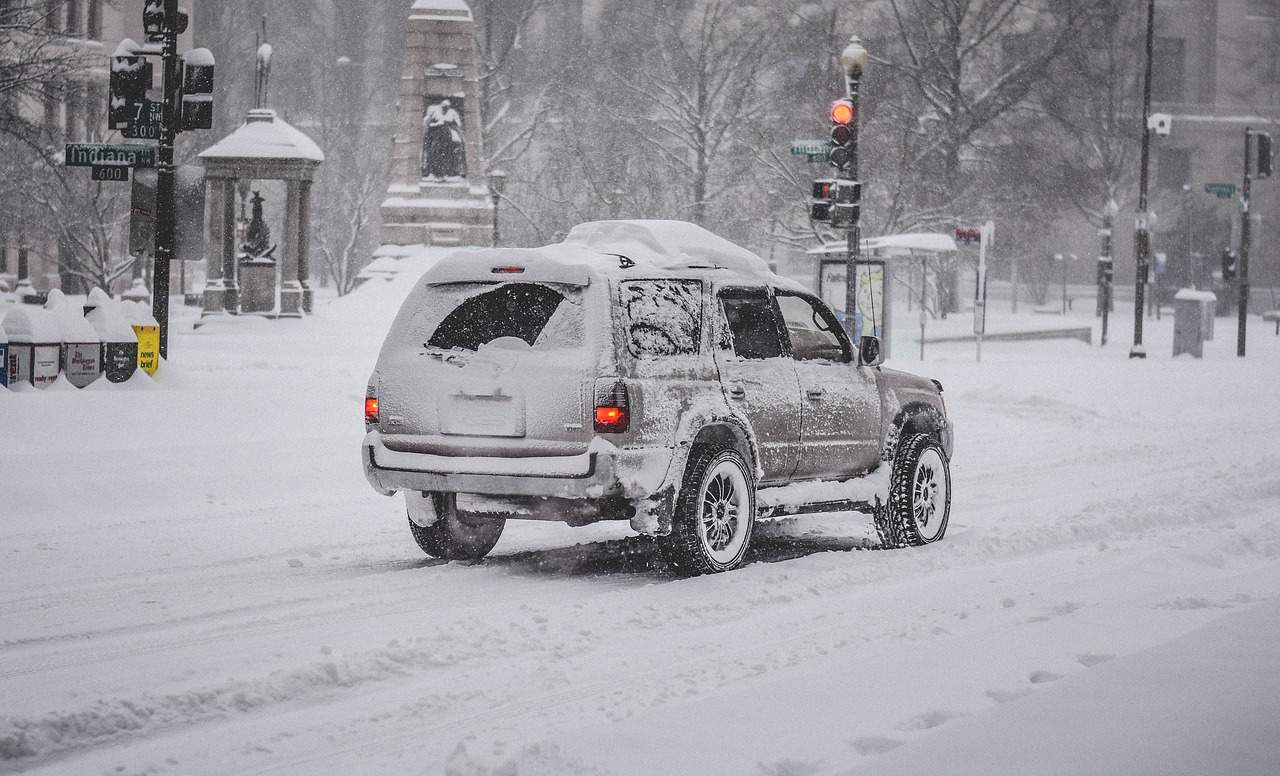Will the Gas in Your Car Freeze This Winter? Here's What You Need to Know

by AutoExpert | 19 December, 2023
As we bundle up for the colder months, ever wonder if the gas in your car might just turn into an ice block? It sounds like a winter tale, but let's dig into the nitty-gritty of gasoline and those freezing temps.
Freezing Gas? More Like a Frosty Myth
Sure, technically, anything can freeze. But gasoline is a bit like a winter stew – a mix of different things, each with its own freezing point. So, there's no one-size-fits-all temperature where gas turns solid. Generally, though, you'd need the mercury to plunge way down to -40 to -50 degrees Fahrenheit before your gas starts getting slushy. And let's be real, most of us won't see that kind of arctic chill.

What Really Happens in the Tank
If it ever gets cold enough, it's not like your entire tank will turn into a gas-sicle. Some parts of the fuel might get a bit frosty and waxy, but we're talking serious polar-vortex-level cold here.
The Real Cold Culprit: Water
Here's a fun fact: it's actually water in your fuel system that's more likely to freeze and cause headaches. That's why keeping your tank more full in winter is a smart move – less room for moisture to hang out and turn into tiny icebergs.

Beware the Battery Blues
While we're debunking myths, let's talk about the real winter villain for cars – the battery. In uber-cold weather, a car's battery can freeze, especially if it's not fully charged. A frozen battery is like trying to start your day without coffee – it's not going anywhere.

Gasoline turning into a block of ice in your tank? Pretty unlikely. But winter car care is still a thing. Keep that tank more full, and show your battery some love, and you'll be cruising through winter without a hitch. Stay warm and safe out there!

















